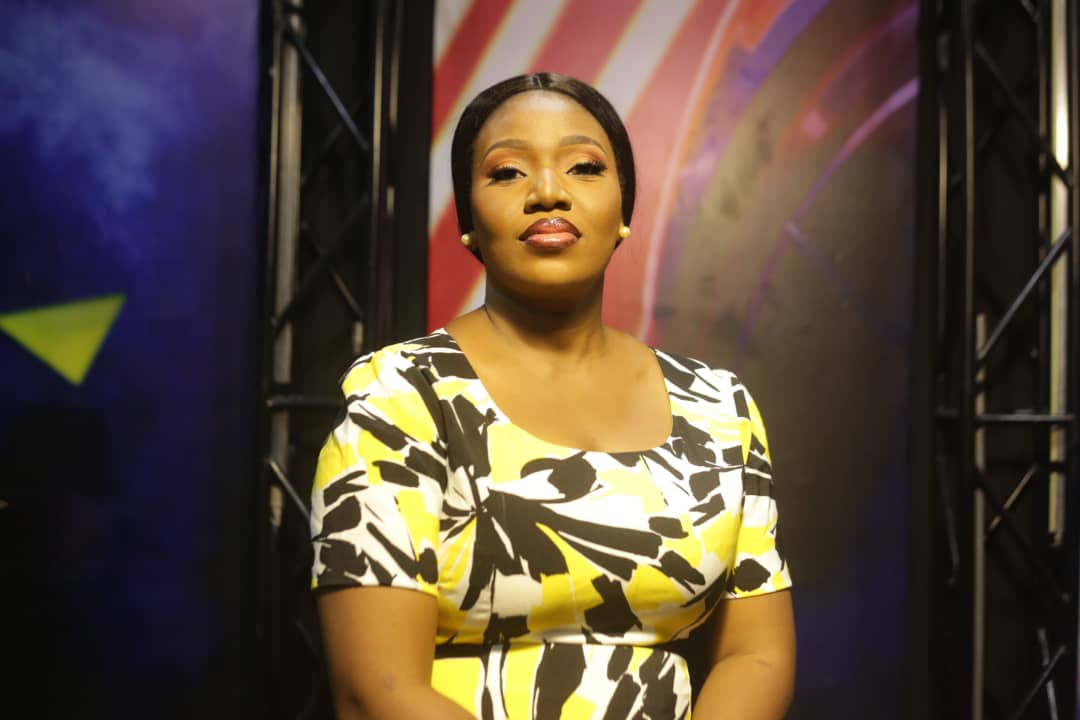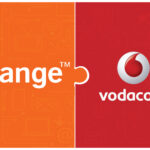After completing her National Youth Service in Sokoto, Bella Bassey’s professional journey led her straight into the education sector. She worked with both private and public institutions, gaining firsthand insights into the inequalities plaguing Nigeria’s educational system.
“The quality of learning in public schools was nothing compared to private schools,” she observed. “Many students couldn’t meet basic academic benchmarks, and parents who could afford it had to invest extra resources just to help their children keep up.”
Before this, Bassey grew up in Kano, where the rhythm of daily life was shaped by the stark realities of limited resources and uneven opportunities. These formative years, spent in classrooms where chalkboards were often the only tool, ignited Bassey’s lifelong passion for education.
The disparity between public and private education weighed heavily on her, but it was the COVID-19 pandemic that crystallised her mission. As the world pivoted to digital learning, students in underserved communities were left behind, their education abruptly interrupted.
“While students in other parts of the world continued learning through digital platforms, the students in these communities were completely cut off from every form of learning and had to wait until the lockdowns were lifted to get back to school,” Bassey reflected. “So this was what made me ask myself the question: if something like COVID-19 were to repeat itself, would these children be more prepared, educationally speaking?”
This question became the cornerstone of Bassey’s work. She founded the Beautiful Brains Help Foundation to tackle the pervasive issue of digital illiteracy among students in public secondary schools. Her approach was both pragmatic and compassionate.
“A hungry child cannot learn,” she said, recounting how she often provided food and transportation for students to attend her digital literacy sessions. By meeting their basic needs first, Bassey created an environment where learning could thrive.
For students in underserved communities, the inability to navigate digital tools isn’t just a gap in education; it’s a barrier to opportunity. Bassey’s initiative highlights this disparity.
“Digital illiteracy isn’t just about not knowing how to use a computer,” she explained. “It’s about being cut off from global conversations, innovations, and opportunities that could transform lives.”
Her foundation equips students with the skills they need to access information, connect with global networks, and envision possibilities beyond their immediate circumstances.
From Afterschool Hubs to National Impact
The Beautiful Brains Help Foundation began in 2021 as the Afterschool Study Central, a small gathering of SS1 students who met after school to learn the basics of digital literacy.
Bassey’s goal was to provide these students with tools to improve their academic outcomes and open doors to future opportunities. Her work quickly gained traction as students who participated showed marked improvements in their studies.
The foundation has undergone several transitions since its inception, reflecting its growth and evolving mission. It started as the Afterschool Study Central in 2021, focusing on afterschool learning for public school students.
By 2023, it had transformed into BB Computer Consultancy Services, a registered entity that expanded its scope to include advanced digital training and administrative support. That same year, Girls Rise in Tech was introduced as an initiative under the organisation to empower young girls in technology.
Finally, in 2024, the foundation adopted its current name, the Beautiful Brains Help Foundation, solidifying its focus on holistic educational and digital empowerment programs. Official registration as a foundation followed in 2025, marking its latest milestone.
The impact of the Beautiful Brains Help Foundation is best illustrated through the transformative journeys of two students: Precious and John (not their real names). They joined the foundation with little to no experience with technology and have since achieved remarkable progress.
“Precious had never used a computer before joining us,” Bassey shared. “She was curious and determined, trekking miles to attend sessions when she couldn’t afford transportation.” Starting with the basics, Precious quickly developed a passion for technology.
After completing foundational training, she enrolled in a motion graphics course during a partnership with Vector Hub in 2024. Her instructor was so impressed with her talent and dedication that he called Bassey to say, “She is the best student I’ve had in motion graphics, and I’d like to offer her a scholarship for advanced training.”
Although her parents’ insistence on prioritising formal (tertiary) education delayed her further studies, Bassey remains optimistic. “Her eyes light up every time she sees me, and every time I tell the girls there’s something going on, they are the first to come here,” Bassey said. “She’s now confident enough to teach other students what she’s learnt.”
The organisation goes further to foster financial independence. “John joined us with no prior experience in technology,” Bassey recounted. Through the foundation’s programs, he discovered a passion for UI/UX design during a Cybersafe Foundation training. “Now, he’s a freelancer,” Bassey said.
“He takes on various projects, earns an income, and covers his financial obligations in school without any difficulty. He’s proof that with the right support, students can turn their lives around and even support their families,” Bassey added.
Bassey’s work didn’t stop at the basics. Collaborating with organisations like Junior Achievement Nigeria, Cybersafe Foundation, and UK Aid, she introduced advanced courses in cybersecurity, e-commerce, and data analysis. These partnerships amplified the foundation’s reach, training over 1,000 students and inspiring a new generation of tech-savvy youth.
“When we give these children access to technology, we’re not just teaching them skills; we’re giving them hope and a vision for the future,” Bassey said.
Criticisms and Challenges
Despite its successes, the Beautiful Brains Help Foundation has faced significant challenges and criticisms. Funding remains a constant struggle. “Financing has been a major challenge,” Bassey admitted. While partnerships and collaborations have provided support for specific projects, much of the funding comes from Bassey’s resources and contributions from family and friends. She envisions a system where these children are awarded gadgets after every training.
Bureaucracy is another obstacle. Navigating permissions to work within public schools can be time-consuming and frustrating. Bassey described instances where bottlenecks arose not from the officials granting permissions but from intermediaries who delayed processes unnecessarily.
Criticism from parents has also posed challenges. Some misunderstand the foundation’s mission, assuming it is backed by government funds or foreign aid. “People assume that individuals working on community projects have received substantial funds from the government and are expected to distribute that money locally. They go as far as asking for money to release their kids,” she said.
“This has been particularly heartbreaking when dealing with the parents of the most talented students. It’s painful to see potential go unfulfilled because of misconceptions or resistance from parents,” she added.
Despite these hurdles, Bassey remains optimistic. She credits her dedicated team and volunteers for helping her navigate these challenges.
Bassey’s commitment to gender inclusion is evident in her programs. She noted that more girls than boys showed interest in digital literacy sessions, a trend that inspired her to create specialised initiatives like Girls Rise in Tech.
Bassey’s programs have empowered girls to not only complete their training but also take on leadership roles within the tech space.
The foundation has a growing network of volunteers and partnerships who have been instrumental in sustaining its operations. “We have a team of nine committed individuals and about 20 volunteers who support us during major projects,” she said.
Bassey’s vision for the Beautiful Brains Help Foundation is ambitious. She dreams of expanding its reach beyond Akwa Ibom State to other parts of Nigeria and eventually across Africa. Plans are underway to establish a scholarship fund for academically gifted students and provide them with laptops, tablets, and other digital tools to further their education.
“Our ultimate goal is to ensure that no child is left behind,” Bassey said. “Whether they pursue higher education or delve fully into tech careers, we want to equip them with the skills and opportunities they need to succeed.”
Bella Bassey, driven by her early experiences in Nigeria's unequal educational system, embarked on a mission to address digital illiteracy among underserved students following the COVID-19 pandemic. She founded the Beautiful Brains Help Foundation, initially starting as the Afterschool Study Central in 2021, to provide digital literacy sessions to public school students. The foundation evolved, introducing advanced training and initiatives like Girls Rise in Tech, reflecting its expanding reach and impact.
Despite facing funding challenges and bureaucratic hurdles, Bassey's dedication led to the training of over 1,000 students, empowering them with skills essential for the digital economy. The foundation's programs foster financial independence and offer hope for a future with greater educational and professional opportunities. Bassey's ambition is to expand the foundation's reach across Nigeria and Africa, ensuring digital empowerment for all students, regardless of their background.






